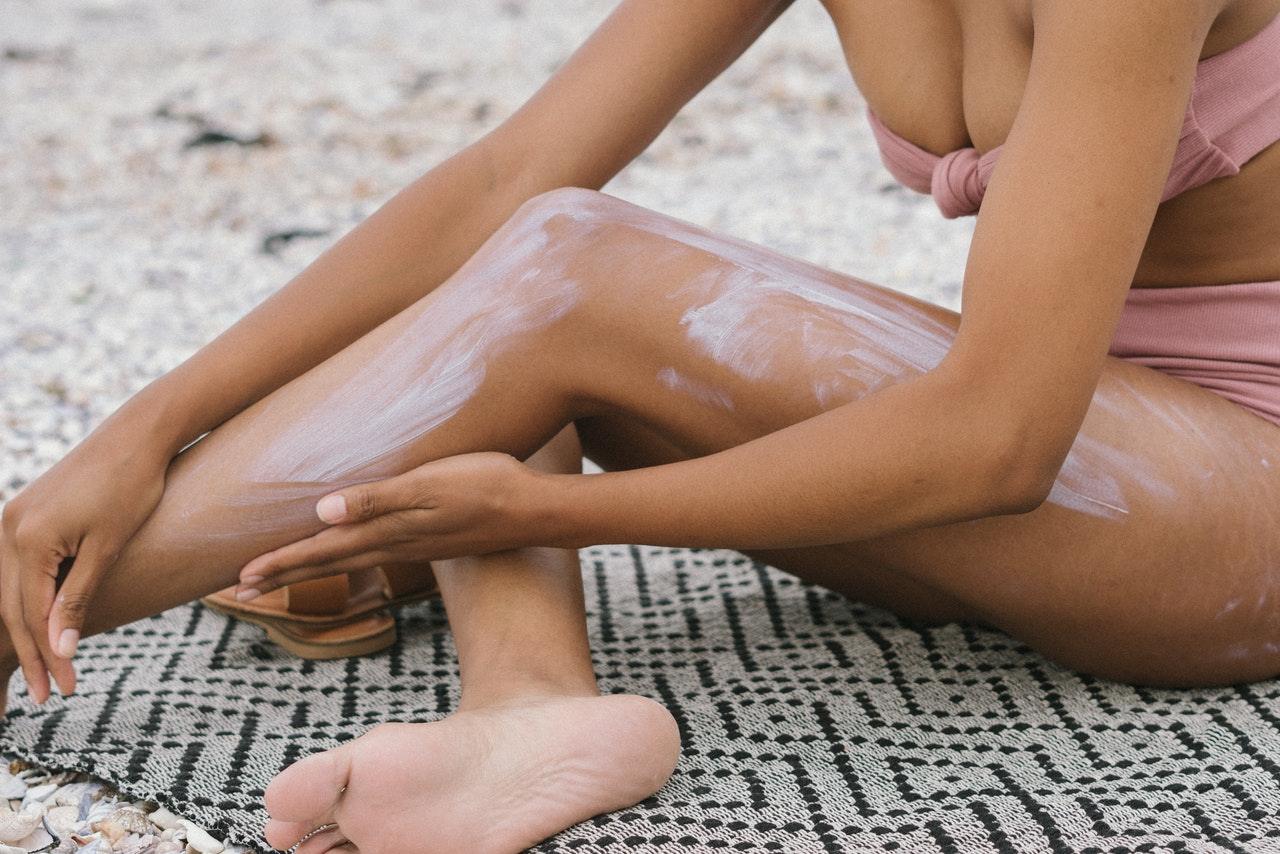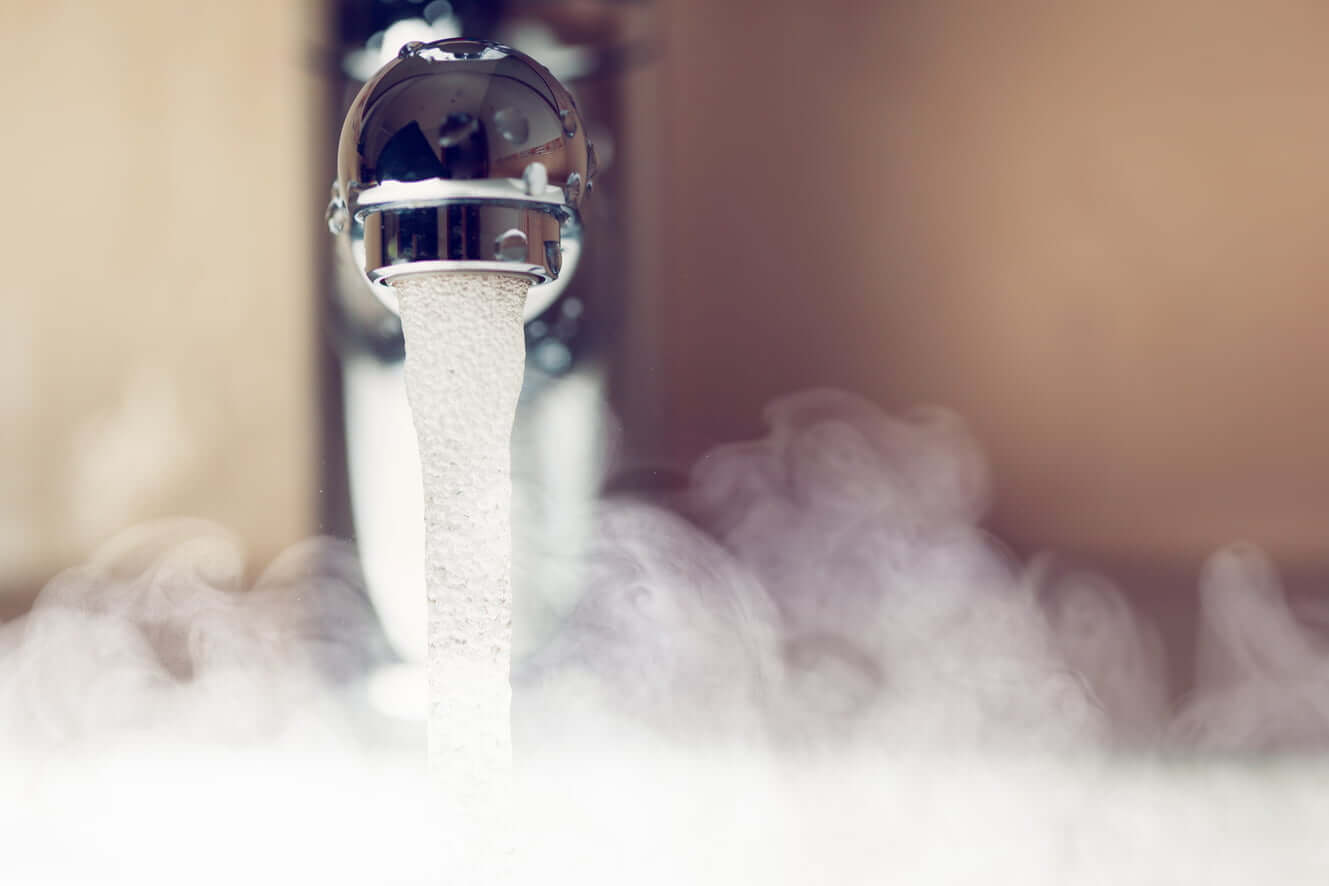
As we get older, our skin will naturally begin to age. Although we believe that skin is beautiful at any age, there are many factors which could speed up this process, damage our skin and cause our skin to age prematurely.
As many people already know, the largest environmental factor in premature aging is exposure to the sun; repeated exposure to UV light causes the breakdown of elastin in the skin, causing it to sag and stretch, which is why sun protection is the single best thing you can do for your skin.
To make sure you’re looking after your skin from all angles, we have outlined five habits and lifestyle changes which can help you to prevent premature aging.
1. Use sunscreen everyday and reapply when outside to prevent aging skin
It is vitally important to wear SPF every day, especially on the face and neck and even if you’re inside. Although a lot of cosmetics and moisturisers include SPF, many people aren’t applying enough to have adequate protection – you need about two fingers worth of SPF on your face and neck combined. SPF helps to protect the skin from the sun’s damaging UVA and UVB rays, and reduces the risk of cancer. It also protects you against signs of aging, such as sun spots or sagging skin. You are supposed to reapply every couple of hours, but if you’re sitting at your desk or wearing makeup over your SPF, you’re unlikely to reapply. The most important thing is to make sure you’ve got a layer on in the morning and then you can always wear a hat to block out those rays.
If you have sensitive or eczema-prone skin, we’ve got some recommendations for products – including SPFs – on our blog on the most popular skincare products for eczema.
2. Quit smoking
Smoking can speed up the aging skin process because of the nicotine contained within cigarettes. Over time, nicotine causes the blood vessels to narrow, which reduces oxygen flow and nutrients to the skin cells. Your skin needs nutrient-rich blood and lots of hydration from within (as well as externally from products) so keeping everything as healthy as possible on the inside reflects on the outside.
For advice on how to quit smoking, visit the Smokefree website.
3. Drink less alcohol
Drinking alcohol regularly has a major impact on the aging process. It can negatively affect all of your major organs – including the skin, which is the body’s biggest organ. The damage to your organs reduces their efficiency, and they must work harder to keep you alive – meaning that your body ages faster. Additionally, it dehydrates your body, drying out your skin.
For alcohol support, visit the NHS website.
4. Eat a healthy, balanced diet
Eating a healthy diet is vital for fresh, youthful looking skin. Eating too many processed foods can lead to damage of the collagen in your skin cells, which can then cause a decline in your skin’s appearance. Make sure to get your vitamins from fruits and vegetables, which helps to regenerate your skin cells, as well as giving your organs the nutrients they need.
5. Detox and protect aging skin
Although a little controversial, many skincare experts say that you don’t need to cleanse your skin first thing in the morning. Assuming that you’re cleaning it at night (and removing any make up) then your face should still be lovely and clean in the morning. You can give it a splash with water to wake it up in the morning, then add a lovely detoxing serum and protective moisturiser – many these days have UVA, UVB and pollution filters in, so that the nasties in the air during day-to-day life don’t impact your skin. Then, of course, wearing an SPF then gives you an additional protective barrier from sun damage, and the moisture should be locked in for the day. Come evening, cleanse your skin for glowing skin, as you need to remove impurities and toxins from your face. Use a gentle cleanser to remove makeup, and then, if you want to feel super clean, you can also use the double cleanse method and wash your face again once all the makeup is off. Avoid rubbing your skin with a makeup wipe, as they can cause damage to your skin (and they’re bad for the environment, too!).
Moisturising your skin can help to lock in hydration and replenish the skin’s barrier. This keeps your skin looking healthy and glowing. A hydrating moisturiser or oil before bed allows your skin to soak up lots of moisture while you sleep, meaning that you wake up with lovely hydrated skin, and so the routine starts again.
Softened water is kinder to dry, sensitive skin and can taste better – Find Out How: Book A Demo


